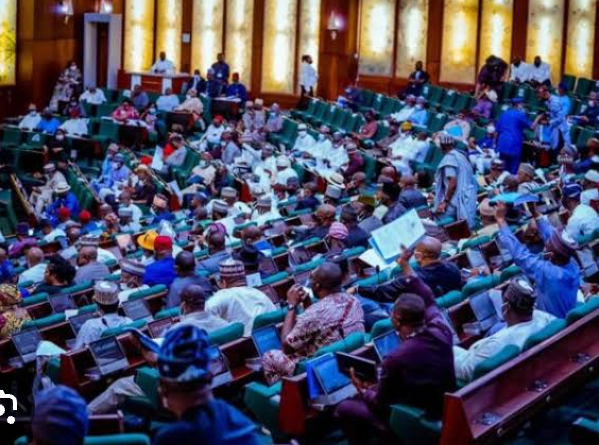A bill aimed at addressing the frequent defections of federal lawmakers between political parties has passed its second reading in the House of Representatives. The proposed legislation seeks to amend Section 68(1g) of the 1999 Constitution, mandating that National Assembly members must formally resign from their original political party before joining another.
The bill has emerged in response to the growing trend of lawmakers, particularly those from opposition parties, defecting to the ruling All Progressives Congress (APC). This practice has raised concerns about the stability and integrity of the political process, as several lawmakers have switched parties in recent years, both in the Senate and House of Representatives.
One key provision of the bill aims to amend Section 68(g) of the Constitution, stipulating that lawmakers cannot validly defect to another party unless they first submit a resignation letter to their current party. This resignation must be communicated to the party’s National Chairman or Secretary via a verifiable medium, such as physical delivery with official acknowledgment, email, or other legally recognized means.
The bill seeks to bring more transparency and accountability to the defection process by ensuring lawmakers formally resign from their original parties before pursuing membership in another.
Constitutional lawyer Femi Falana has recently spoken out on the matter, asserting that the mass defections of lawmakers are illegal. He emphasized that any lawmaker wishing to defect should first resign from the party that sponsored their election, reinforcing the need for adherence to legal processes.
This bill is supported by a significant legal precedent. In 2022, the Federal High Court in Abuja ordered the removal of two House of Representatives members and 18 members of the Cross River State House of Assembly for defecting from the Peoples Democratic Party (PDP) to the APC without resigning from their original parties. The court ruled that these defections violated the constitutional requirements for changing parties.

